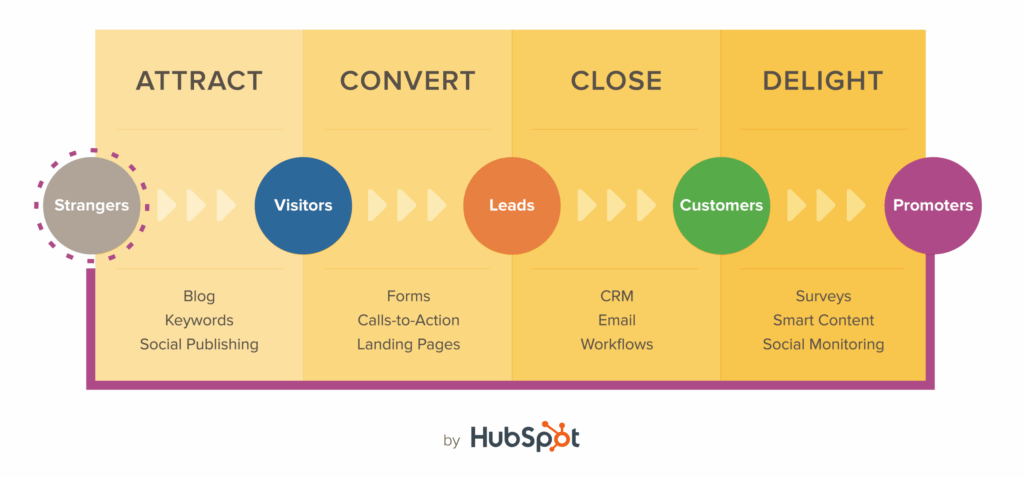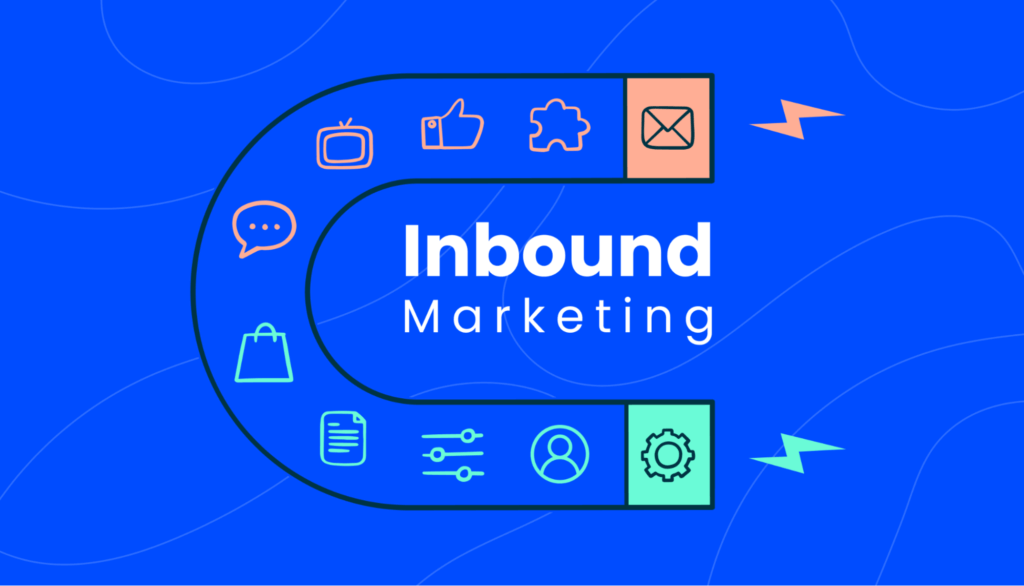When I was hired for my first marketing job, the CEO of the agency gave me a book. It was called, “Inbound Marketing: Get Found Using Google, Social Media and Blogs.”
I was really fascinated by it, especially how a SEO expert could use inbound marketing principles in their daily work.
An SEO expert could leverage inbound marketing principles to attract organic traffic and engage potential customers effectively. They would focus on creating valuable and optimized content that aligns with the target audience’s interests and search intent.

By conducting thorough keyword research and implementing on-page SEO techniques, the expert ensures that the content ranks well in search engine results, driving relevant traffic to the website.
Furthermore, the SEO expert would emphasize building a strong online presence through link-building strategies and social media engagement. By earning backlinks from authoritative websites and promoting content across social channels, they can enhance the website’s credibility and visibility.
Inbound marketing’s emphasis on user experience would also guide the SEO expert in optimizing the website for speed, mobile-friendliness, and intuitive navigation, providing a positive browsing experience for visitors. Overall, the SEO expert’s integration of inbound marketing practices would result in increased organic traffic, improved search rankings, and higher chances of converting leads into loyal customers.
How SEO & Inbound Marketing Work Hand in Hand
Inbound marketing is a marketing strategy that focuses on attracting potential customers through the creation and dissemination of valuable, relevant, and engaging content. The primary goal of inbound marketing is to pull in potential buyers rather than pushing products or services onto them.
In contrast to traditional outbound marketing, which involves interruptive advertising and direct sales efforts, inbound marketing aims to build trust, credibility, and relationships with prospects by providing them with useful information and addressing their needs and concerns. This approach is often more effective in the digital age, where consumers have greater control over the information they consume and can easily block or ignore traditional advertising methods.
The inbound marketing methodology typically follows these stages:
Attract: Creating and sharing valuable content (such as blog posts, social media updates, videos, eBooks, and webinars) to draw the attention of potential customers and bring them to your website or other digital channels.
Convert: Once visitors are on your platform, inbound marketing seeks to convert them into leads by offering them something of value in exchange for their contact information. This could be achieved through landing pages, lead magnets, or opt-in forms.
Close: Once you have captured leads, you then use targeted nurturing and personalized communications to convert them into paying customers. Email marketing and marketing automation often play a significant role in this stage.
Delight: Inbound marketing doesn’t stop at acquiring customers. It emphasizes providing excellent customer support and valuable content even after the purchase to foster brand loyalty and encourage referrals.
Inbound marketing is closely associated with the concept of “permission marketing,” coined by marketing expert Seth Godin. The idea is to earn the permission of potential customers to engage with them through valuable content, rather than intruding upon them with unsolicited messages.
HubSpot is a well-known company that popularized the concept of inbound marketing and offers software tools to help businesses implement and manage their inbound marketing efforts effectively.
7 Inbound Marketing Tactics a SEO Specialist Should Know

Content Creation: An SEO expert should understand the importance of creating valuable and optimized content to attract organic traffic and engage the target audience effectively. They should know how to conduct keyword research and produce content that aligns with user search intent.
On-Page Optimization: Inbound marketing requires on-page SEO techniques to optimize website pages for search engines. The SEO expert should be well-versed in optimizing meta tags, headings, URLs, and internal linking to improve the website’s search visibility.
Link Building: Building inbound links from authoritative websites is crucial for increasing a website’s credibility and improving search rankings. The SEO expert should be familiar with link-building strategies like outreach, guest blogging, and creating shareable content.
Social Media Engagement: Understanding the role of social media in inbound marketing is essential. The SEO expert should know how to leverage social platforms to promote content, engage with the audience, and drive traffic to the website.
Lead Generation: Inbound marketing aims to convert website visitors into leads. The SEO expert should know how to implement lead generation tactics, such as using lead magnets, opt-in forms, and calls-to-action, to capture contact information.
User Experience: Inbound marketing emphasizes providing a positive user experience on the website. The SEO expert should be aware of the factors that contribute to a good user experience, including website speed, mobile-friendliness, and intuitive navigation.
Analytics and Monitoring: An SEO specialist needs to be proficient in analyzing website traffic, keyword rankings, and conversion rates to assess the effectiveness of inbound marketing efforts. Understanding data insights helps in refining strategies for better results.
Early in my career I became inbound marketing certified via HubSpot, and was recently recertified. It’ something I recommend all SEO professionals do. If you’re interested in having an inbound marketing / SEO strategy developed for your business, email me at cort@bayareaseosolutions.com.